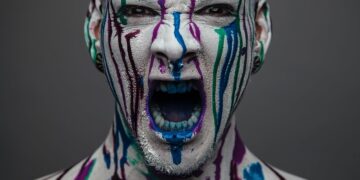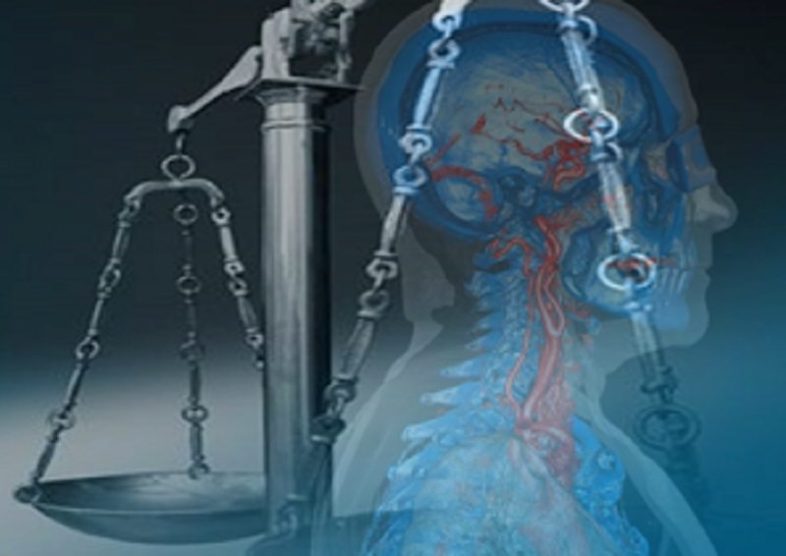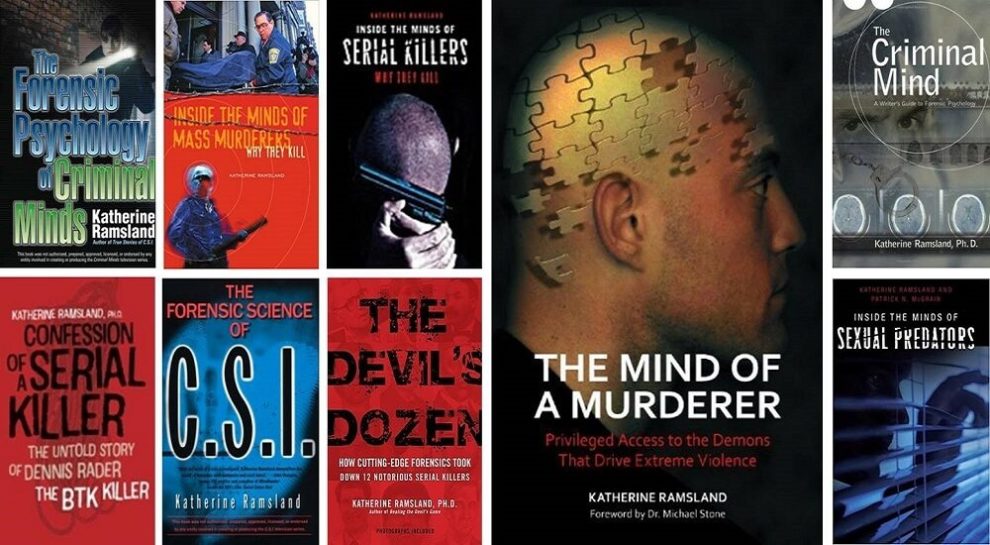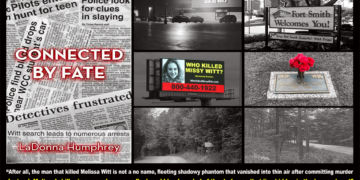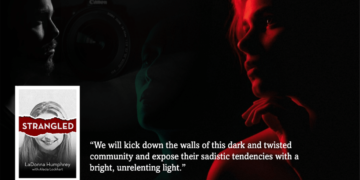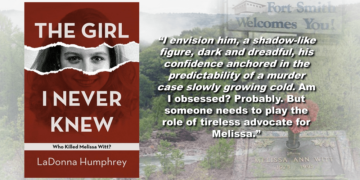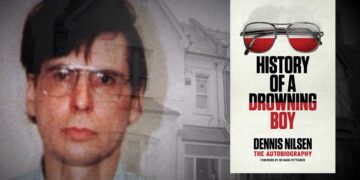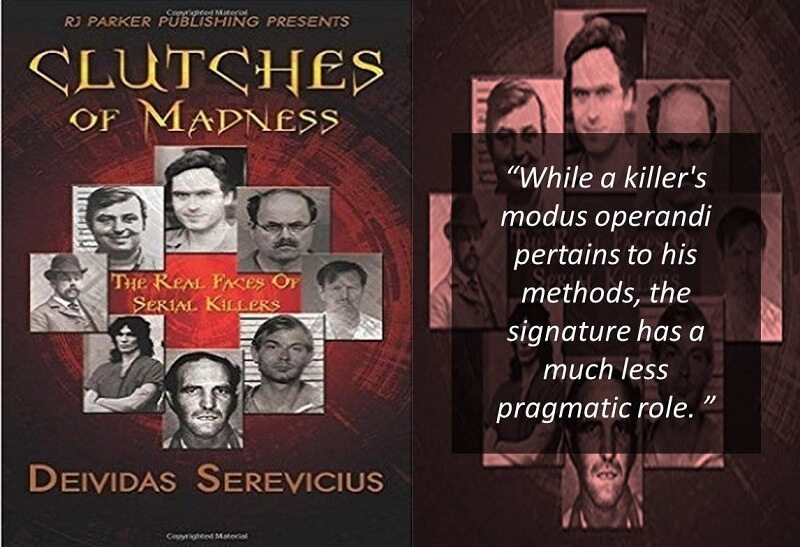What do UFO enthusiasts, Bigfoot seekers, and the anti-vaccination community all have in common? According to the FBI, these groups have all contributed to the recent rise of domestic terrorism and violence.
In a recent report, the FBI argues how conspiracy theories, primarily propagated online, are producing fringe communities with extreme anti-government views. Big tech companies like YouTube and Google agree.
What’s causing the sudden spike in alternative thinking, and what can we do about it? Find out what experts are saying below.
Do Conspiracy Theories Lead to Domestic Terrorism?
According to the FBI, conspiracy-related content “very likely” motivates some extremists to carry out acts of violence. The most significant threat, the agency says, is the growing Q movement.
The FBI’s report, which was released on May 30, 2019 and first reported by Yahoo News, explains how conspiracies can lead to violence. First, theorists come up with a fringe belief. Then, they post the theory online where it can spread and evolve. That’s when extremists (or those suffering from a mental illness) get exposed to the information. At times, the content drives these individuals to commit crimes or violence because the individual fully believes the un-vetted internet content.
The now infamous “Pizzagate” theory is one of the biggest examples of how this information can get out of hand. Just prior to the 2016 election, Wikileaks released a massive amount of hacked emails from presidential candidate Hilary Clinton and her chairman, John Podesta. These emails were combed through, and many independent researchers noticed a suspicious amount of content dedicated to “pizzas” and “hot dogs.”
Some online theorists posited that these words were codes and that the politicians were actually engaging in both pedophilia and satanic rituals. Some anonymous 4-Chan posters began proclaiming that some of the satanic ritual abuse was occurring at a specific pizza place in D.C., Comet Ping Pong. The posters deduced this information from the e-mails and various YouTube videos.
That’s when Edgar Maddison Welch, a 29-year-old resident of North Carolina, came across the conspiracy on the web. He was so enraged that he gathered up three firearms and drove himself straight to Comet Ping Pong. Fully intending to rescue children, Welch showed up and ultimately ended up firing his gun off during the rescue mission. It wasn’t long before he realized that there weren’t actually any kids to save at the pizza place. He was arrested and almost immediately realized he’d made an “incredibly ill-advised decision.” Thankfully, no one was injured in this situation.
Examples of Violent Conspiracy Theorists
This mainstream conspiracy clan Q appears to fully support the current President, but the overall sentiment is strongly anti-government and anti-globalist. Fittingly, the President just announced in New Hampshire his strong stance against the globalist agenda. Here are a few examples mentioned in the FBI report that highlights how dangerous ideology can lead to extreme acts of violence:
- Suspect threatened to murder YouTube employees over alleged censorship (Oregon)
- Armed suspect blocked Hoover Dam with armored vehicle (Nevada)
- Suspect threatens to assassinate Trump (Oklahoma)
- Armed suspect arrested at Pizza restaurant after Pizzagate conspiracy was propagated online (Washington D.C.)
- Suspect attempted to make a bomb to destroy “Satanic” monument (California)
While not mentioned in the report, it’s also apparent that certain conspiracies have led to the harassment of elected politicians, actors, and other public figures.
How the Internet Spreads Fake News
Do more individuals believe in conspiracies today than in the past? The FBI doesn’t think so. On the contrary, the FBI believes there’s just more media attention being given to the theorists.
Conspiracies have always been a part of the human narrative, but what’s driving them in large part today is the internet. Social media has made it possible for conspiracies to spread faster than a wildfire. The real problem is that fake news or false facts do impact our psychology, even if we later learn the information was false. Let’s dig deeper into the psychology behind conspiracies and what makes them attractive.

The Psychology Behind Conspiracies
What makes people drawn to ideas like global warming is a hoax and the moon landing was faked?
For many, the appeal of conspiracy theories is simple. The world is an overwhelming and scary place, so our brains try to make sense of it all in a way that’s easy to understand. We start making connections and seeing patterns when they don’t in fact exist. Our brains do this because we all have a deep desire to seek out security, understanding, and control over our surroundings.
The FBI also notes another important factor in their report. True and real conspiracies that are being (or have been) carried out by government officials are getting exposed right now. The dangerous mixture of fact and fiction swirling around is making it even more difficult to discern what’s happening. There’s also a growing distrust in many formerly authoritative agencies.
According to statistics, half of the U.S. population subscribes to at least one conspiracy theory. People are being driven to believe conspiracies in large part because of the current political climate. They have a lack of trust in the government and misinformation is rampant.
Current President Donald Trump has a unique connection with these conspiracies. His endorsement of fringe beliefs helped him win the election after all. The Q group believes that Trump is a mastermind who is fighting against evil. What seems more likely is that Trump utilized the growing internet conspiracy base as a means for securing the election and maintaining power.
Many are pointing out the Q phenomenon for what it is: gaslighting. Gaslighting happens when someone plants so many seeds of doubt into a targeted group that they begin questioning their own perception and memory. Is it any coincidence that one of Q’s mantras is “Question Everything.”
What’s the Solution?
Law enforcement agencies are tasked with solving an impossible problem. If online content has the potential to drive extremist views, then how can we get a grip on the situation? Here are a few of the proposed ideas:
Censoring the Internet
One solution to the problem is to completely remove conspiratorial content off the internet. This type of censorship has already started to happen with big tech companies like Apple and Facebook.
Most notably, American conspiracy theorist Alex Jones was de-platformed and banned from ever returning to specific sites like YouTube, Facebook, and Twitter. Since the infamous ban, more pundits, conspiracy theorists, and political commentators have been removed.
After the El Paso mass shooting in Texas where 22 people were killed, an entire community was blocked from posting online. Media reports indicated that the shooter’s manifesto may have been reposted to 8-Chan, so the website’s hosting company immediately dropped them. This caused the site to go down completely.
There are problems with this potential solution, though. Is censoring the internet legal? Are such bans considered an infringement on our right to free speech? It’s likely such questions will have to be answered by the courts.
Predictive Policing and Red Flag Laws
Another potential solution that’s gaining a lot of steam in many states is Red Flag Laws. Here’s how the laws work:
- Individuals with concerns can report gun-owners to police
- Authorities remove the individual’s guns for a brief period while an investigation proceeds
- An investigation is conducted to determine whether the person is a threat to themselves or other community members
- Guns get returned to those who pass the investigation
So far, Red Flag laws have been passed in 17 states and the D.C. area. Hypothetically speaking, a person’s conspiratorial or extremist posts online could warrant a well-check on the individual. Then, authorities would be able to intervene and remove weapons before anything violent could happen.
Fighting the Fake News Phenomena
It remains to be seen whether Red Flag laws or massive censorship campaigns will help solve the current paradigm. What is apparent is that action is likely to be taken by legislators, especially with the major 2020 election just around the corner.
What do you think about the FBI’s assessment? Are conspiracy theorists a threat? Do we need to start policing the internet?
- Ludden, D (2018, Jan 06) Why Do People Believe in Conspiracy Theories? Psychology Today. Talking Apes Blog. Retrieved from https://www.psychologytoday.com/us/blog/talking-apes/201801/why-do-people-believe-in-conspiracy-theories
- Resnick, B (2019, Aug 13) Social Media’s Conspircary Theory Problem Isn’t Going Away. Vox. Retrieved from https://www.vox.com/science-and-health/2019/8/13/20802068/epstein-conspiracy-theory-clintonbodycount-psychology
- Steinbuch, Y (2019, Aug 01) FBI: Conspiracy Theory ‘Extremists’ Are A Terror Threat. New York Post. Retrieved from https://nypost.com/2019/08/01/fbi-conspiracy-theory-extremists-are-a-terror-threat/
- Stockler, A (2019, Jan 08) For First Time, FBI Finds Conspiracy-Backed Crimes Drive Domestic Terror: Report, Newsweek. Retrieved from https://www.newsweek.com/conspiracy-trump-qanon-fbi-intelligence-1452236
- Winter, J (2019, Aug 01) Exclusive: FBI Document Warns Conspiracy Theories Are A New Domestic Terrorism Threat. Yahoo News. Retrieved from https://www.psychologytoday.com/us/blog/talking-apes/201801/why-do-people-believe-in-conspiracy-theories
Martin.J (2019, Sept 17) The Latest Terrorist Threat: Online Conspiracy Theorists. Crime Traveller. Retrieved from https://www.crimetraveller.org/2019/09/latest-terrorist-threat-online-conspiracy-theorists/
About the author: Jennifer Martin is the founder and owner of Polymatheia’s Scroll, (www.polymatheiasscroll.com), a legal content creation service for law firm marketing. Her focus is on generating captivating blog posts and articles for internet users with legal questions. Her attention-grabbing and SEO-driven content results in more leads for law firms.
Related Reading:
-
Suspicious Minds: Why We Believe Conspiracy Theories: Rob Brotherton explores the history and consequences of conspiracism, and delves into the research that offers insights into why so many of us are drawn to implausible, unproven and unproveable conspiracy theories.








